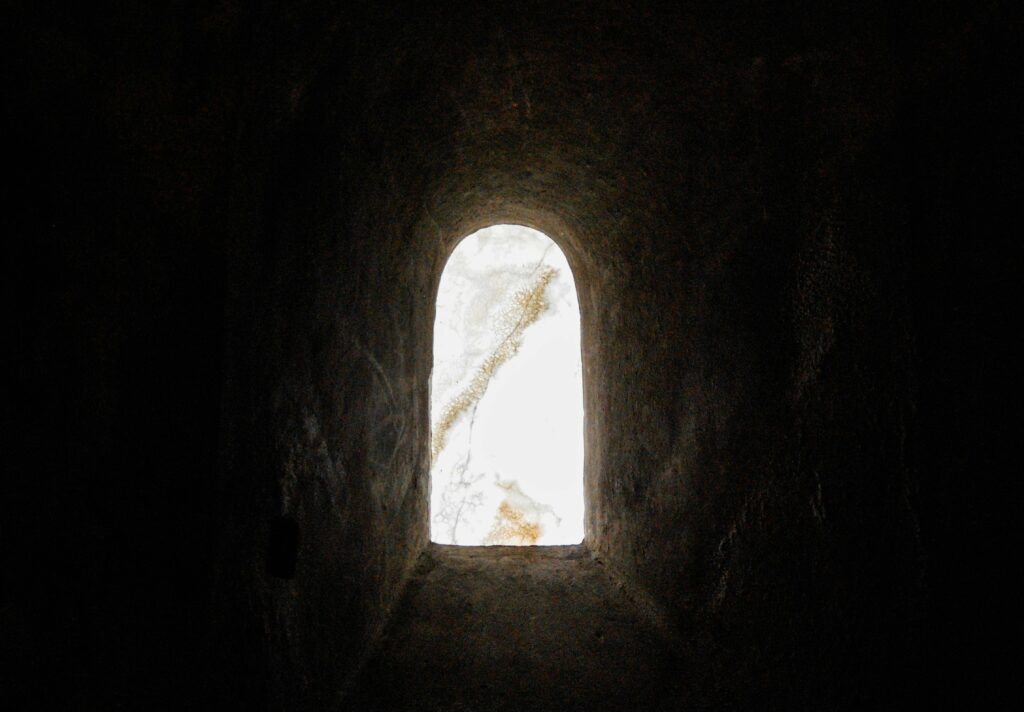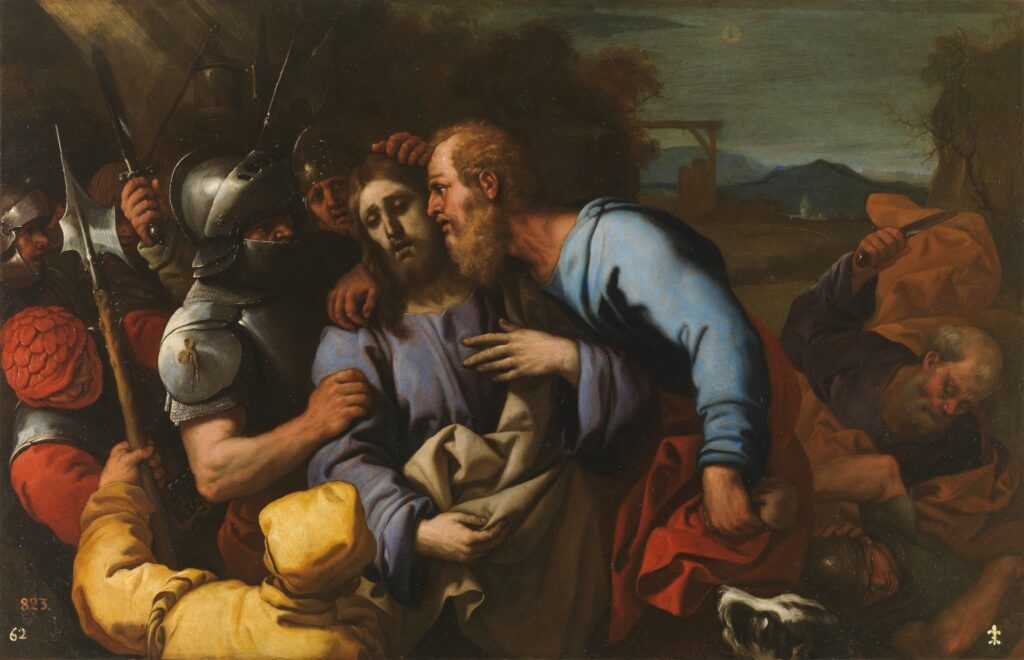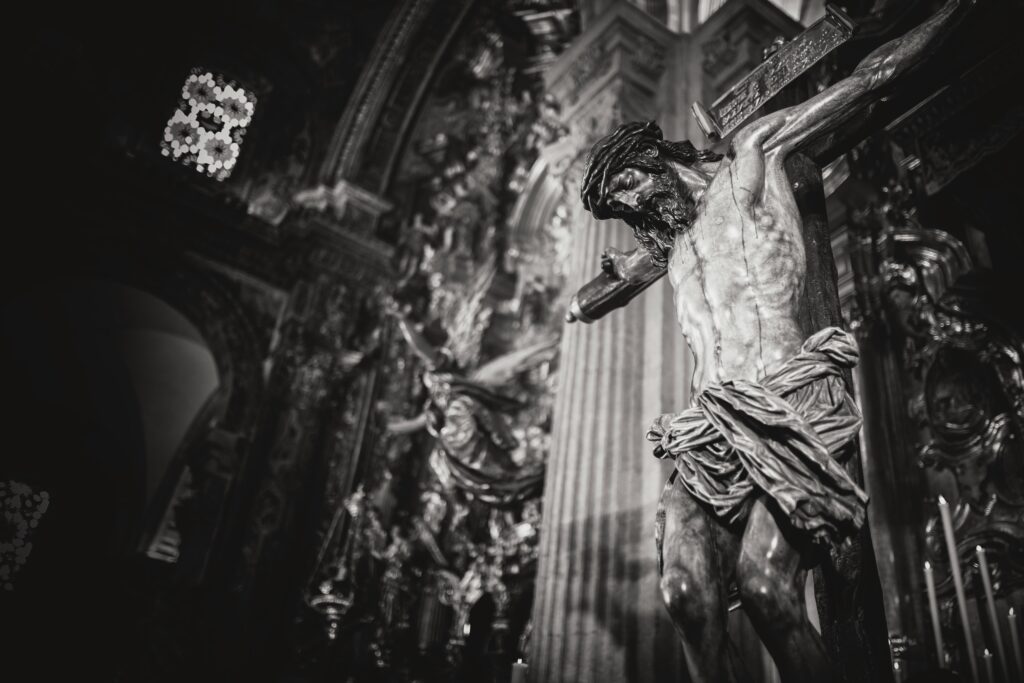Easter for a Life of Hope
Beyond Coaching and Therapy: Easter as a Path of Transformation, New Life, and Hope for All Humanity

Today, therapies for success, happiness, introspection, and so on abound in all media. All kinds of coaching, training, mentoring, motivational conferences, inspirational books and programs, clinics, experts, and methodologies to improve human life are proliferating. And, at the same time, the number of problems related to mental health, anxiety, and meaninglessness is growing.
These issues and problems are increasing because human beings experience a constant need for improvement, for self-improvement, for a better life, and because—in addition—it seems difficult to find reasons to hope for a better future.
The primary vocation of every human being is the need to humanize themselves every day, to be better, living the values inscribed in the heart of every person, such as the desire for life, freedom, justice, truth, solidarity, peace, and so on.
Also in the social dimension and coexistence, we all experience the need for growth, improving interpersonal relationships, social structures, and organizations.
Precisely, the family, school, and all social entities and institutions, especially religions, are there to imbue life in society with values, to help each human being develop and practice the best human values, or to rebuke, if necessary, anyone and whenever they violate them.
This need for humanization and improvement is precisely the fundamental message that the liturgical celebration of the Christian Easter conveys to us these days.
“Easter” is a word of Hebrew origin that means “passage.” The Christian Easter commemorates—in a distant way—the “passage” of the Old Testament people from Egyptian slavery to freedom. But, in a more immediate way, we confess and celebrate the “passage” of the Crucified One from death to life, the “passage” from the apparent failure of Jesus’ plan of life and of the Gospel on the cross to victory over evil, to triumph over every form of slavery and death.
After Jesus’ death, the first experience that the first disciples of the Master of Nazareth lived and shared was that of a transformation of their minds (Rom 12:2), to live according to the logic and wisdom of God (1 Cor 1:18-25). This transformation consisted of a new life (2 Cor 5:17) through which they can now call God “Father” (Gal 4:6) and can, therefore, live loving and serving all as brothers and sisters.
This experience of change, of transformation, of new lives among the first Christians is the historical foundation of the resurrection. New life through which they confess the dead as alive, the Crucified One as Living, as Risen, as present among them.
Since then, the best witness and presence of the Risen One in the world is the new life of a man, of a woman, who—for this very reason—confesses the encounter with the Crucified and Risen One as the cause of that new life, to the point of crying out like Paul: “I no longer live, but Christ lives in me” (Gal 2:20).
This new life, joyful, without fear, building peace through forgiveness and through the broken and shared bread, abundant life and hope through the fraternal commandment of love, are the fruits described in the Gospel accounts of the apparitions.
The fundamental message of Christian Easter, which celebrates the resurrection of the Crucified One, is, therefore, an exhortation and an invitation to all humanity to “pass” from forms of death to forms of life, from a violent and fratricidal culture to a civilization of love, to a culture of solidarity and hope.
Easter, then, is not a commemoration, a celebration exclusively for Christians. Quite the contrary, it is God’s definitive and final word concerning the life and death of humankind and of all humanity. Through Christ’s resurrection, we can live in joyful hope, with the certainty that we are called to salvation and not to the failure or triumph of evil.
The resurrection sings and proclaims the possibility of the full life we all long for, not just Christ’s disciples. For “God desires all men to be saved…” (1 Tim 2:4). Through the resurrection, we believe and confess that the full, happy, eternal life we all hope for is a possibility, or rather, a certainty in the God of Jesus Christ.
Thus, the celebration of Easter, synonymous with the celebration of the abundant life we long for, is an unsurpassable contribution of the Christian faith to the hope of all humanity and “represents a noble effort to continue affirming life even where it succumbs, defeated by death.” (Manuel Fraijó – Quoted in: Pagola, José Antonio, The Way Opened by Jesus, Matthew 1, p. 301).
May we celebrate Easter by taking “steps” toward a better personal, family, and social life and history. May we live Easter every day by taking “steps” toward better relationships and institutions. May we, in the midst of daily evil, rise above it and overcome it by building and “passing” toward spaces of life and hope.
Happy Easter!
Related

Munilla: ‘Chronic Adolescence’ or ‘Maturity in Christ’
Exaudi Staff
21 April, 2025
3 min

The Passion Begins With a Kiss
Edistio Cámere
19 April, 2025
3 min

“Praying is an immense privilege”
José Miguel Ponce
17 April, 2025
3 min

Cardinal Felipe Arizmendi: Jesus Continues to Suffer
Felipe Arizmendi
17 April, 2025
4 min
 (EN)
(EN)
 (ES)
(ES)
 (IT)
(IT)

